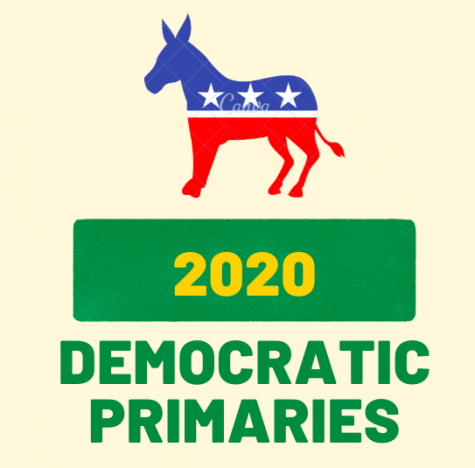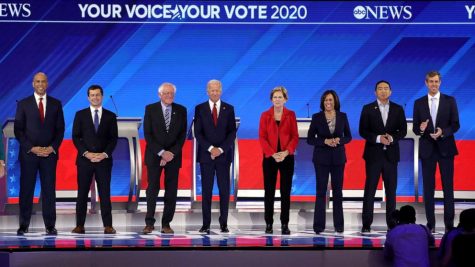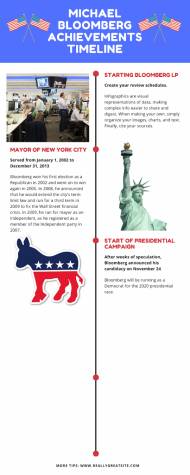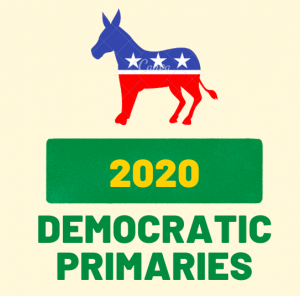Misrepresented Iowa caucus proves important; continues American traditions
The results of the Democratic Iowa caucus are in after errors with the mobile app used were reported. Democratic candidate Pete Buttigieg received 13 delegates from the caucus, allocating 26.2% of votes.
The first Tuesday after the first Monday in November marks the beginning of the Iowa caucuses. While the 2020 Iowa caucuses faced a considerable amount of attention with the reporting errors brought on by the mobile app, the caucuses still proved to be a critical part of American politics.
In the Democratic caucus system, registered voters attend public meetings to choose their presidential nominee by standing in a section of a room specifically devoted to one candidate. If one of these groups doesn’t receive enough participants, the voters must then choose another candidate to support. From these pools, delegates are awarded to groups based on the size of participation.
In contrast, a primary, during which voters simply select their candidate on a blind ballot, is more commonly implemented across the nation.
In fact–despite the issues mentioned above–I do support the long history, community engaging experiences and campaign boosts brought to light by this caucus. Through this process, American values–including free speech–are exercised as citizens are able to freely express their opinion.
Even with these primaries, the Iowa caucus is greatly needed in this election process. In fact, candidates are able to gain helpful media attention to boost their campaign from this caucus. Since, during the Iowa caucus, Iowa is the first state to show support for a candidate, it sets the precedent for the rest of the election. With Iowa being the first state to vote, media attention and coverage of this event becomes an important and relevant factor for the process.
For example, during the 2008 campaign, Mike Huckabee (R) received little media attention before his victory in Iowa. However, through this victory, Huckabee was able to gain the support of critical media groups and outlets, which further boosted his campaign.
The results from the Iowa caucus ultimately set an example for how well a candidate does later on in the election. Especially since Iowa always votes first, the country gets a strong indicator of how a candidate will do throughout the voting process.
Furthermore, this process is considered a time-honored tradition of debating and persuading others to join a certain cause, essential to American values. The votes are able to actively participate in their community and exercise their free speech.
Especially at a time of constant debate and tensions across the country, leaning back on tradition is critical to the United States.

Broadcast Director Lyah Muktavaram ’22 stays busy as part of Inklings and as a Staples girls’ cross country captain. This is her third year writing...



























































